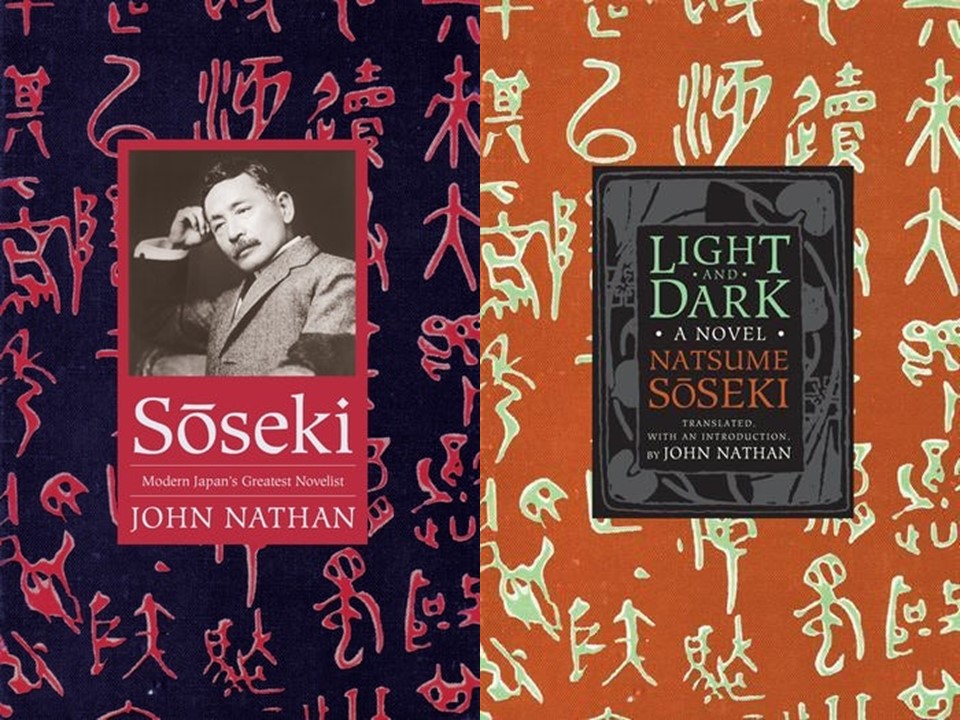Publishers Weekly Reviews "Unlikely Collaboration: Gertrude Stein, Bernard Fay, and the Vichy Dilemma"
Gertrude Stein has been making a comeback of sorts. She appears in Woody Allen’s new movie Midnight in Paris has spurred sales of her books. Her children’s book To Do: A Book of Alphabets and Birthdays was also recently published.
Offering a different and more complicated picture of Stein emerges in the forthcoming Unlikely Collaboration: Gertrude Stein, Bernard Fay, and the Vichy Dilemma, by Barbara Will. In the book, Will describes Stein’s life under Vichy rule in France during World War II, which included her role as a translator of Pétain’s speeches into English, including those outlining the Vichy policy barring Jews and other “foreign elements” from the public sphere while calling for France to reconcile with Nazi occupiers.
The book was recently reviewed in Publishers Weekly:
What was Gertrude Stein, that inimitable Jewish-American doyenne of experimental writing, doing translating for American audiences the speeches of Marshal Philippe Pétain, the head of the WWII collaborationist Vichy regime? In this brilliant and fascinating study, Stein specialist Will (Gertrude Stein, Modernism, and the Problem of “Genius”) answers this question through a close reading of Stein’s writings, a detailed examination of Stein’s and Bernard Faÿ’s attraction to Pétain’s conservative politics, and Stein’s friendship with Faÿ, a Frenchman who moved in both artistic and far right-wing circles and collaborated with the Nazis. Will demonstrates that the pair were reactionary modernists who believed that the democratic ideas of the French Revolution ushered in the decadence characteristic of the early 20th-century French Republic and that the U.S. was going through a similar decline. Pétain captured the pair’s imagination and allegiance by articulating a program for returning France to the vitality and pioneering spirit of its pre-Enlightenment agrarian roots. Will shows that Stein never publicly affiliated herself as a Jew, especially after she moved to Paris in 1903. This exceptional study provides new insights into previously hidden corners of Stein’s life.



